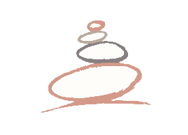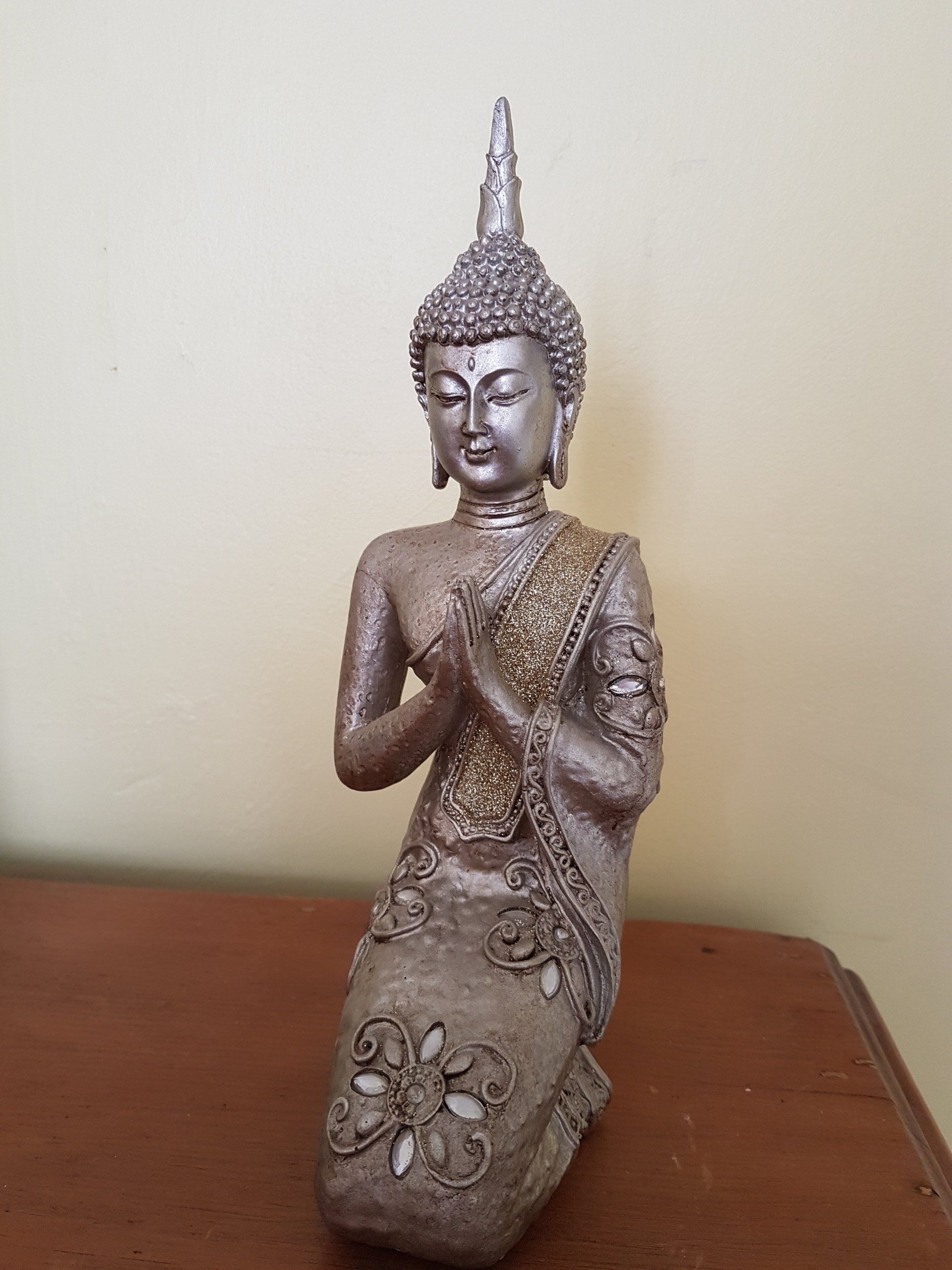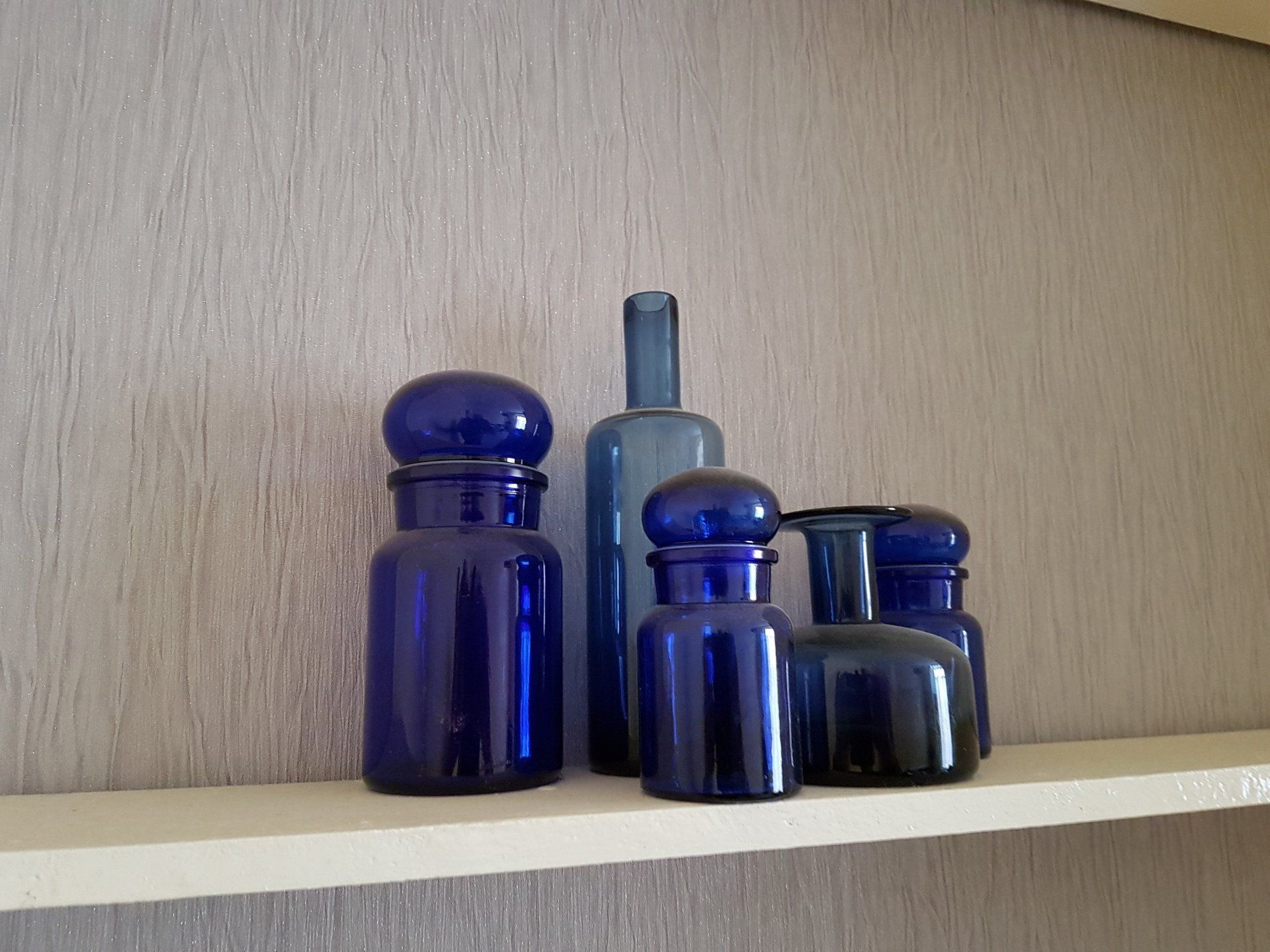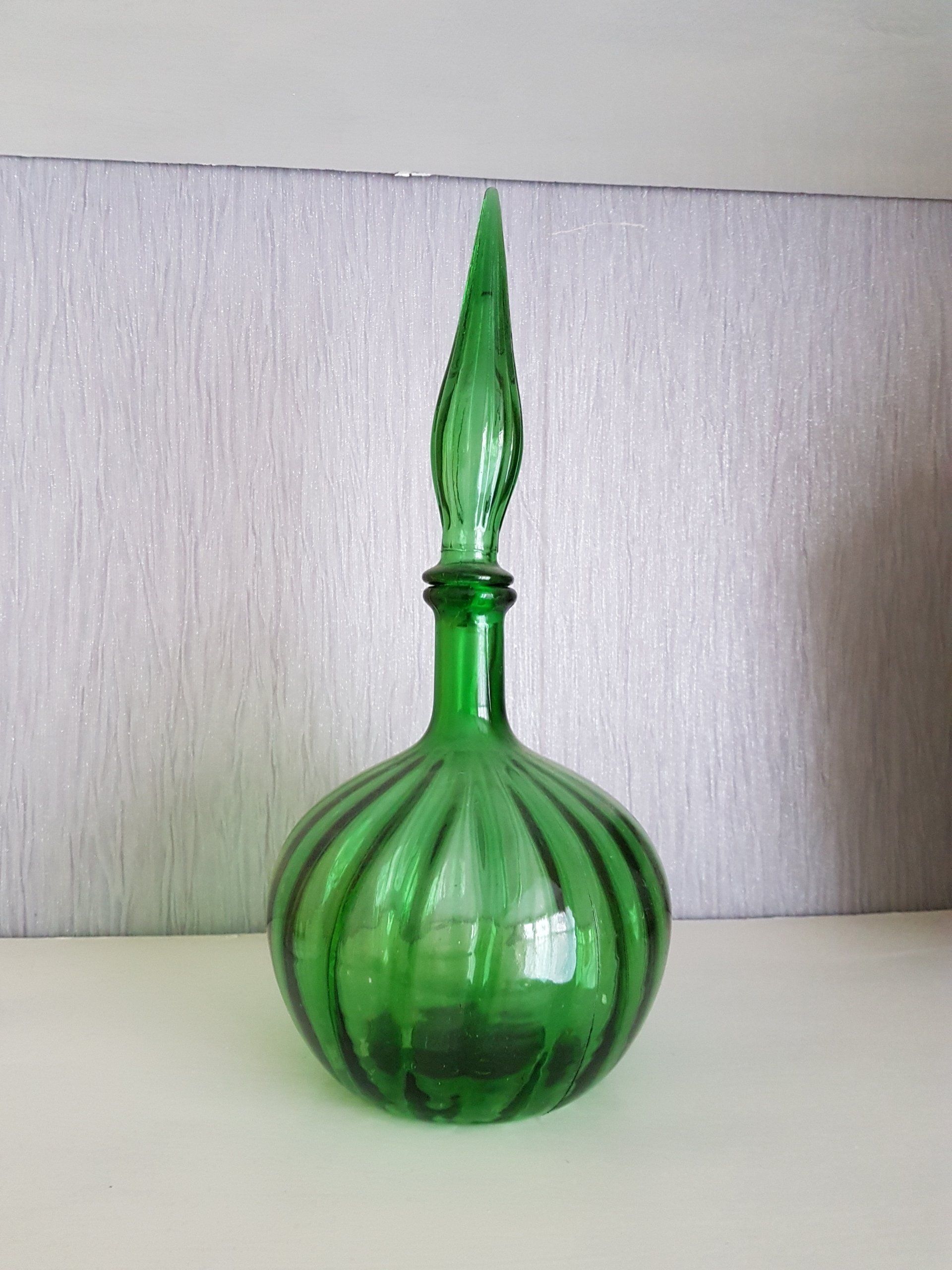Cognitive Behavioural Therapy
Cognitive Behavioural Therapy
Pour plus d'informations, téléphonez au ( 44) 08454670612 ou ( 44) 07593809574 ou envoyez-nous un e-mail
Cognitive Behavioural Therapies, or CBT, are a range of talking therapies based on the theory that thoughts, feelings, what we do and how our body feels are all connected. If we change one of these we can alter the others.
When people feel worried or distressed we often fall into patterns of thinking and responding which can worsen how we feel. CBT works to help us notice and change problematic thinking styles or behaviour patterns so we can feel better. CBT has lots of strategies that can help you in the here and now
It's most commonly used to treat anxiety and depression, however it can be useful for other mental and physical health problems.
How CBT works
How CBT works
CBT is based on the concept that your thoughts, feelings, physical sensations and actions are interconnected, and that negative thoughts and feelings can trap you in a vicious cycle.
CBT aims to help you deal with overwhelming problems in a more positive way by breaking them down into smaller parts.
You're shown how to change these negative patterns to improve the way you feel.
Unlike some other talking treatments, CBT deals with your current problems, rather than focusing on issues from your past.
It looks for practical ways to improve your state of mind on a daily basis.
What can CBT help with?
The National Institute of Clinical Excellence, NICE,recommends CBT in the treatment of the following conditions:
• Anxiety disorders (including panic attacks and post-traumatic stress disorder)
• Depression
• Obsessive Compulsive Disorder (OCD)
• Schizophrenia and psychosis
• Bipolar disorder
There is also good evidence that CBT is helpful in treating many other conditions, including:
• Chronic fatigue
• Chronic pain
• Physical symptoms without a medical diagnosis
• Sleep difficulties
• Anger management
CBT can be used if you are on medication which has been prescribed by your GP. You can also use CBT on its own. This will depend on the difficulty you want help with.
Que se passe-t-il pendant les sessions CBT
Si la TCC est recommandée, vous aurez généralement une séance avec un thérapeute une fois par semaine ou une fois toutes les 2 semaines. Le cours de traitement dure généralement entre 5 et 20 séances, chaque séance durant 30 à 60 minutes. Pendant les séances, vous travaillerez avec votre thérapeute pour décomposer vos problèmes en différentes parties, telles que vos pensées, vos sentiments physiques et vos actions. Vous et votre thérapeute analyserez ces domaines pour déterminer s'ils sont irréalistes ou inutiles et pour déterminer l'effet qu'ils ont l'un sur l'autre et sur vous. Votre thérapeute pourra alors vous aider à déterminer comment changer les pensées et les comportements inutiles. Après avoir réfléchi à ce que vous pouvez changer, votre thérapeute vous demandera de pratiquer ces changements dans votre vie quotidienne et vous discuterez de la façon dont vous vous êtes débrouillé lors de la prochaine session. Le but ultime de la thérapie est de vous apprendre à appliquer les compétences que vous avez acquises pendant le traitement à votre vie quotidienne. Cela devrait vous aider à gérer vos problèmes et à éviter qu'ils aient un impact négatif sur votre vie, même après la fin de votre traitement.














